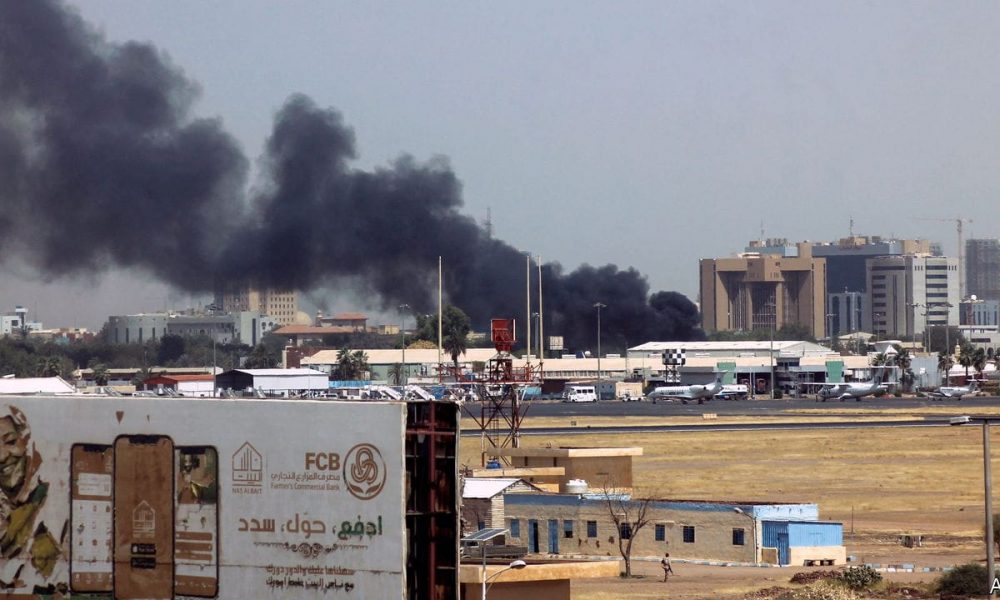By Gladys Fred Kole
Sudan’s peace mediators have announced a 24-hour ceasefire, which will begin on Saturday, June 10, at 6:00 a.m. Khartoum time.
Kingdom of Saudi Arabia and the United States of America announced yesterday that representatives of the Sudanese Armed Forces (SAF) and the Rapid Support Forces (RSF) agreed to a new 24-hour countrywide ceasefire.
In a statement on the Facebook page of US Embassy in Khartoum, the parties agreed that during the ceasefire they would refrain from prohibited movements, attacks, use of aircraft or drones, aerial bombardment, artillery strikes, reinforcement of positions, and resupply of forces.
They also agreed to refrain from seeking military advantage during the given period.
The warring parties also agreed to allow the unimpeded movement and delivery of humanitarian assistance throughout the country.
Meanwhile, the facilitators share the frustration of the Sudanese people about the uneven implementation of previous ceasefires.
They have also proposed this latest initiative in an effort to break the cycle of violence.
If observed, the 24-hour ceasefire will provide an important opportunity to deliver humanitarian assistance and for the parties to undertake confidence-building measures that could permit the resumption of the Jeddah talks.
The mediators said they proposed the latest ceasefire in an attempt to break the cycle of deadly violence that has caused a massive humanitarian crisis.
While describing it as a confidence-building measure that would allow the resumption of talks in the Saudi city of Jeddah, they also warned that any violations would lead them to consider adjourning the process.
Since April 15, fighting between the regular army and the RSF has gripped Khartoum and the flashpoint western region of Darfur, defying a series of ceasefires.
At least 1,800 people have been killed in the violence, according to the Armed Conflict Location and Event Data Project. Sudan’s health ministry has recorded at least 780 civilian deaths as a direct result of the fighting.
More than 1.4 million people have been displaced within Sudan, and a further 476,800 have fled to neighbouring countries, most of which are already struggling with poverty and internal conflict, according to estimates from the International Organization for Migration.
The conflict derailed the launch of a transition towards civilian rule four years after a popular uprising led to the removal of longtime President Omar al-Bashir.
Sudan’s army and the RSF fell out over the chain of command and military restructuring plans under the transition.
The UN says about 25 million people—more than half of Sudan’s population—are now in need of humanitarian assistance, and aid that could help about 2.2 million people has been delivered since late May.
“We have provided both parties numerous opportunities to end this senseless war,” the U.S. State Department’s Bureau of African Affairs said on Twitter.
“We call on both sides to adhere to the commitment made today for a 24-hour ceasefire, which would allow Sudanese people to receive critical humanitarian assistance.”
Both sides have broken a string of ceasefire agreements, though a recent truce deal did let in limited amounts of humanitarian aid, humanitarian agencies said.

